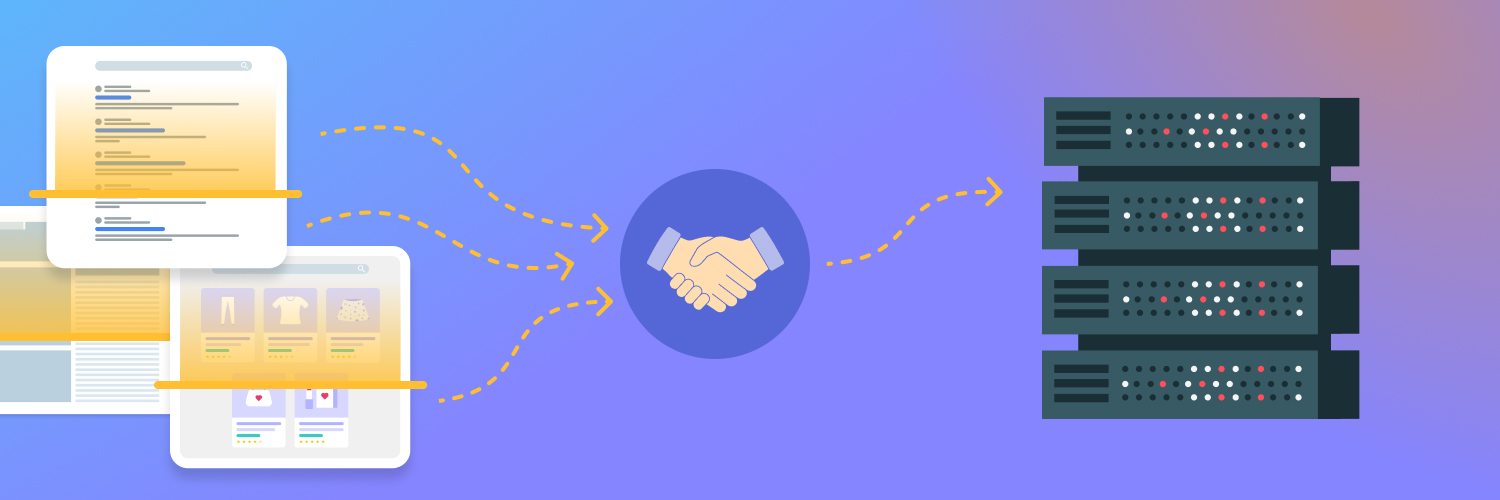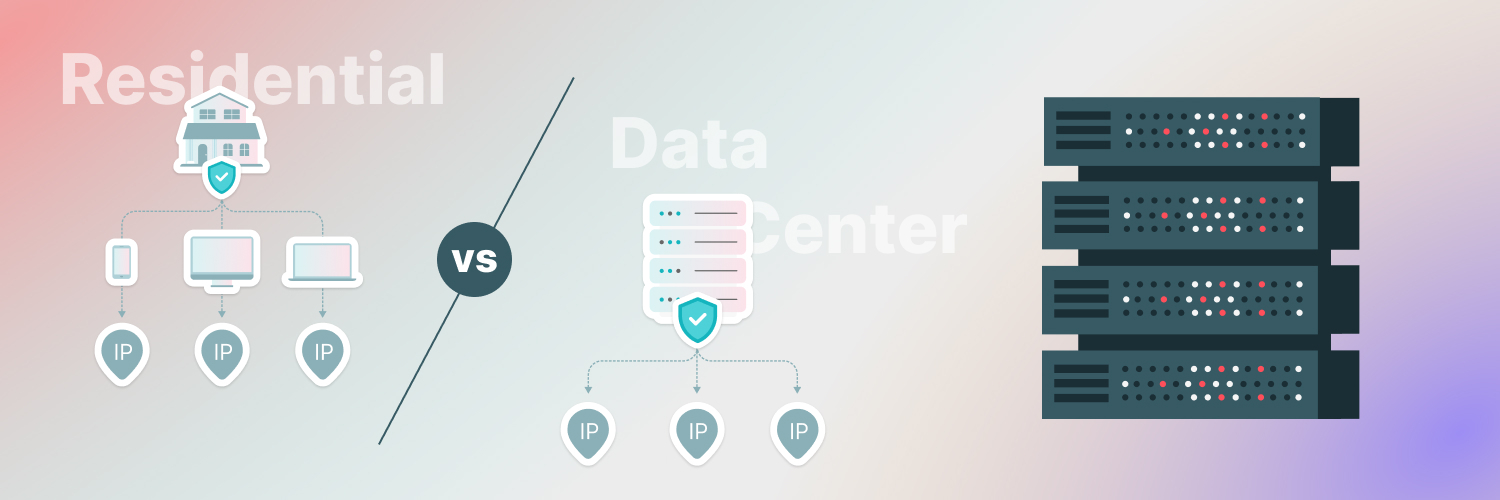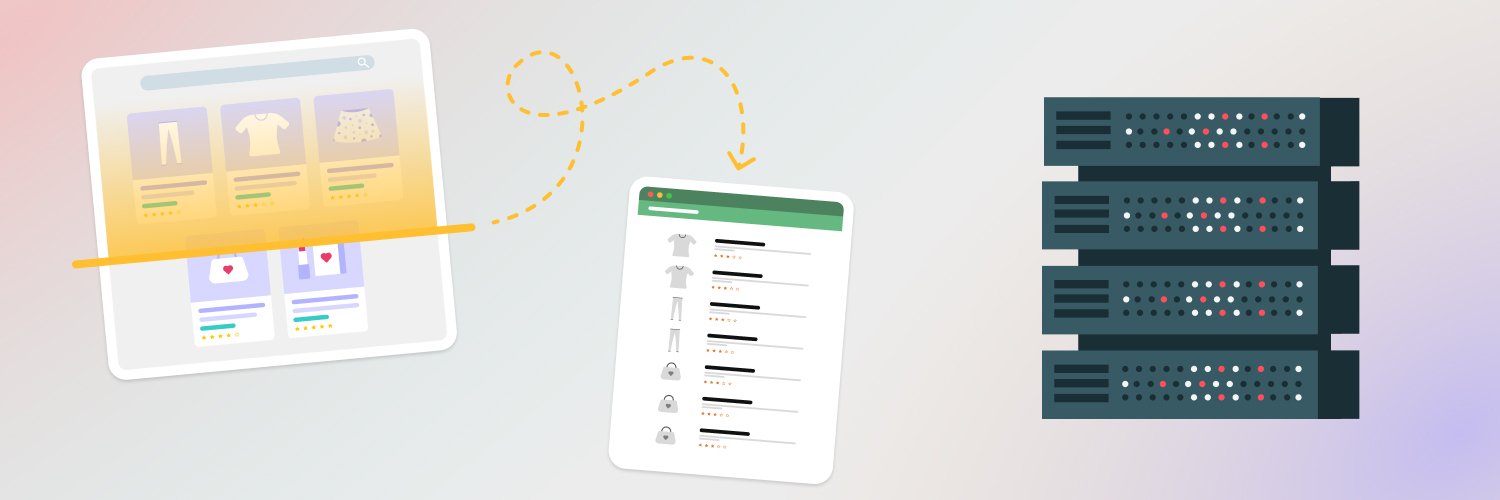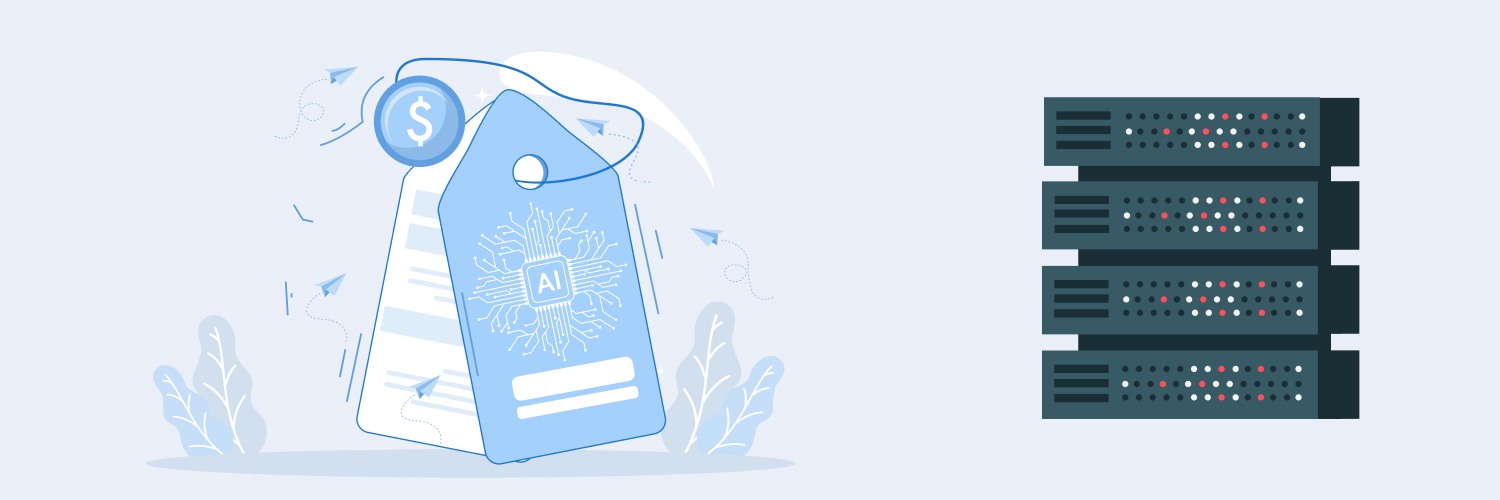10 Lessons Learnt From 10 Years in Proxies
Ten years in web data feels like a lifetime. Platforms rise and fall, anti-bot defences evolve overnight, and AI keeps rewriting the rulebook. Yet somehow, here we are — still learning, still building, and still obsessed with doing it better.
Rayobyte began in 2015 with one person running proxies from a basement to support SEO projects. Since then, we’ve grown into a global team powering a full suite of proxy and scraping solutions — from data center and ISP proxies to our Web Scraping API and Web Unblocker. Through all that evolution, one thing hasn’t changed: our commitment to reliability, ethics, and people.
As founder Neil Emeigh puts it, “I fully attest that rapid growth and success [was due] to the obsession I put over customer service. I was always available and did everything I could to serve.”
After a decade in the trenches, here’s what we’ve really learned about building a proxy network that can survive, and thrive, through constant change.
See What We’re Building
You can find out more about what we’re building on our website.

1. People > everything
Proxies are technology, but running a proxy company is about people. From customers to our developers, to our sourcing partners — every major leap we’ve made has come from listening.
Our Web Scraping API, Web Unblocker, and proxy management tools were all shaped by feedback loops between customers and engineering. Someone on support highlights an emerging block pattern, engineering builds a solution, and that insight becomes part of the product.
It sounds simple, but that real-time feedback is what’s kept us ahead of the cat-and-mouse game.
2. Shifting to residential was a turning point
If one technical decision defined our growth, it was the move into residential proxies. As our VP of Operations, Ben Emeigh, puts it, “A decade ago, datacenter IPs were the king of the proxy world… Now, with increased site protections, a combination of IP types, datacenter, ISP, residential and mobile, is needed to balance cost and success rates.”
At the time, datacenter and ISP proxies were our strongest offerings. But as sites became more sophisticated, we recognised residential IPs were the future. It was a challenging transition — scaling residential pools ethically meant slower growth — but it allowed us to serve customers at a level competitors relying solely on datacenter IPs couldn’t match.
That shift taught us that technical evolution is non-negotiable and doing it responsibly pays off long-term.
3. Transparency compounds trust
In an industry where opacity used to be the norm, transparency has been one of our most important differentiators.
We’ve been open about how our proxies are sourced, how we manage opt-in requirements, and how we balance scraping efficiency with ethical standards. We publish educational guides, break down how Web Unblocker mimics real traffic, and are clear when anti-bot changes demand trade-offs.
The result: customers who trust us enough to build critical systems on our network because they know exactly what they’re buying.
4. Ethics can slow you down, but it’s worth it
The hardest part of keeping up with the industry is learning how to scale ethically.
“Growing residential pools while maintaining strict opt-in sourcing has always been a challenge,” Ben explains. “But we believe it’s the correct approach for the industry and want to ensure we can stand by our results.”
We’ve turned down faster, cheaper routes that didn’t align with our standards. But the payoff is trust, both from customers and from partners who share our approach.
The more complex and AI-driven the data ecosystem becomes, the more that integrity matters.
See What We’re Building
You can find out more about what we’re building on our website.

5. The proxy landscape evolves faster than any roadmap
The past decade has been a shift from data center to residential, then to ISP, and now toward browser-based collection. AI has made fingerprinting, traffic analysis, and blocking more adaptive than ever.
For us, that means constant iteration; not just adding products, but rethinking how they interact. Rayobyte today is all about building a layered access strategy where data center, ISP, residential, and mobile proxies complement tools like Web Unblocker and headless browsers to deliver consistent success rates.
Adaptation shouldn’t be a one-off event, but a business model.
6. Global teams widen your lens
Running infrastructure across continents gives you perspective, literally.
Different regions have different latency realities, legal frameworks, and connectivity challenges. Building a global network has forced us to think about redundancy, uptime, and compliance in more holistic ways.
Some of our best optimizations came from our international teams spotting issues invisible to a single market, from latency improvements to detection pattern analysis.
Diversity in location and thought isn’t just good culture; it’s good infrastructure.
7. Founder time is scarce—automate for it
When you run large proxy networks, manual fixes don’t scale. Over the years, we’ve invested heavily in automation, from self-healing proxy management systems to alerting and load-balancing scripts that free up human focus.
That automation has let Neil and senior engineers spend more time building for the future — things like new scraping APIs, integrations, and performance improvements — instead of firefighting.
Scaling isn’t just about hiring; it’s about designing systems that protect the attention of your most experienced people.
8. Hire for intrinsic builders
Rayobyte has always attracted what we call “intrinsic builders”; people who don’t wait for permission to experiment.
Some of our best product innovations, like internal SERP tools and reliability monitoring systems, started as side projects. In a field that changes weekly, curiosity is worth more than credentials.
We hire for that spark. Then we give it space.
9. Purpose beats polish
It’s tempting in B2B tech to obsess over presentation. But our biggest wins have always come from clarity rather than gloss.
When you focus on purpose (“why ethical, consent-driven proxies matter”), customers connect. We’ve found that honesty about complexity — latency, rotation, compliance — builds far more credibility than perfect marketing ever could.
Proxies may be infrastructure, but purpose is what differentiates infrastructure that lasts.
10. Beware the “more, more, more” trap
Growth for its own sake is easy. Sustainable growth isn’t.
We’ve learned that adding more IPs, more products, or more traffic sources only matters if reliability keeps pace. Sometimes the smartest thing to do is slow down and strengthen the foundation. Optimise routing, improve pool quality, refine documentation before chasing volume.
Depth outperforms breadth when performance is on the line.
Looking ahead
Ten years in, we’re proud of what we’ve built, but the next decade will look very different. Browser-based automation, AI-driven detection, and the push for transparency will reshape how the proxy industry operates.
Our goal remains the same: to keep building responsibly, adapt quickly, and never lose sight of the human element that makes this work possible.
See What We’re Building
You can find out more about what we’re building on our website.




